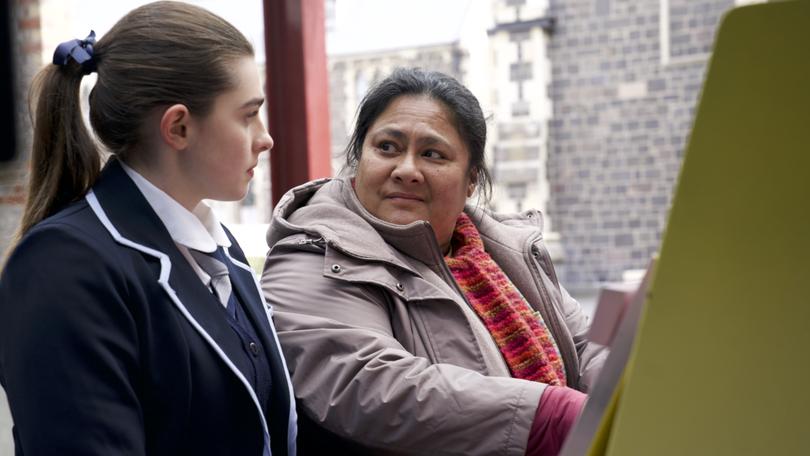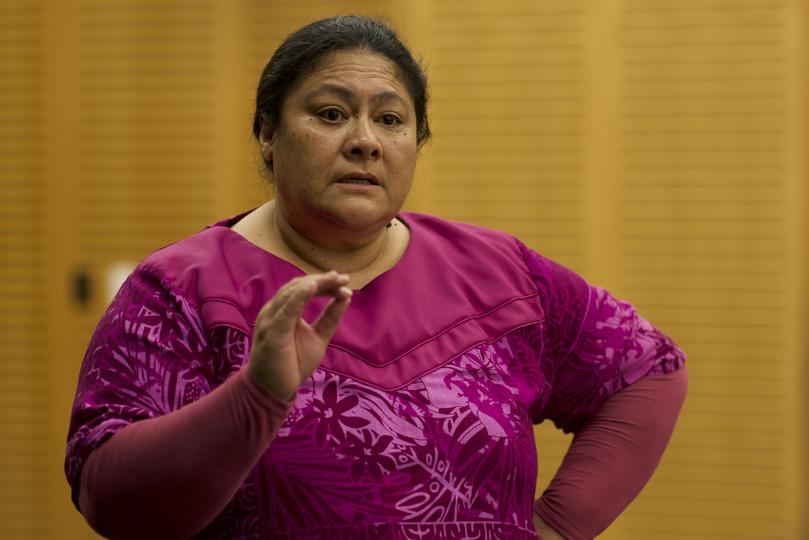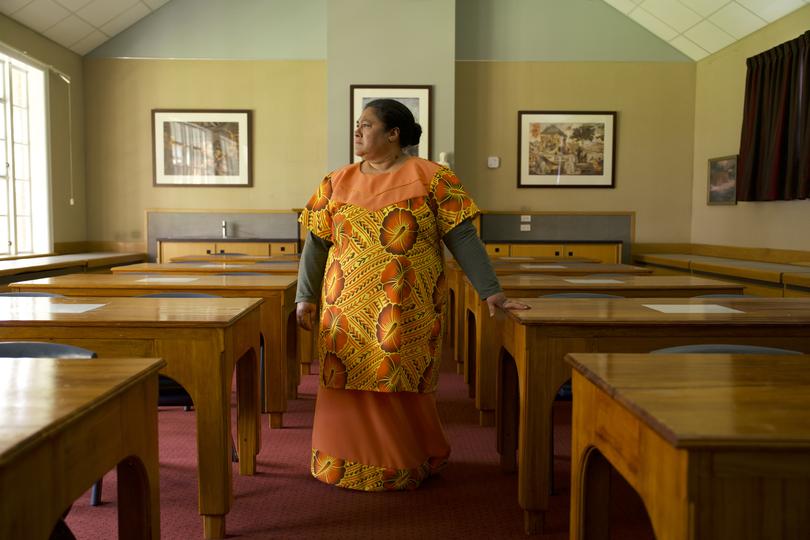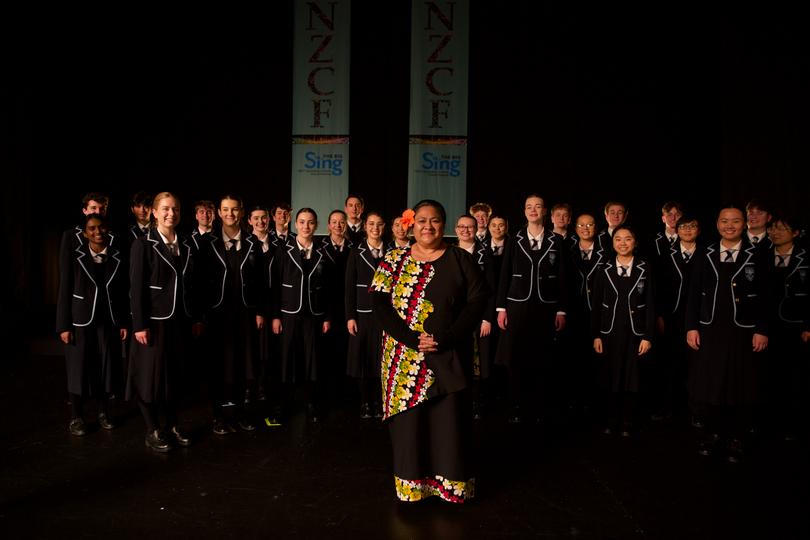Tina: The little Kiwi film that even Disney couldn’t beat
Tina was already in its fourth weekend at the cinemas when it stared down a challenge from a Disney juggernaut. Tina won.

By the fourth weekend, New Zealand film Tina was playing in cinemas in its homeland, and it had dominated the charts.
Locals were making the trip to theatres, buying a ticket and sharing in its heart-warming story about a Samoan-New Zealand woman teaching at a private school.
But now Tina faced a juggernaut: a Disney movie.
Sign up to The Nightly's newsletters.
Get the first look at the digital newspaper, curated daily stories and breaking headlines delivered to your inbox.
By continuing you agree to our Terms and Privacy Policy.Snow White arrived on the scene already bruised by the many scandals that plagued its release but in Australia, the fairy tale movie still finished number one, more than three times ahead of the second place holder.
Across the ditch in Aotearoa, Tina not only held on to the top of the podium that week, but stayed there until the Minecraft tsunami hit a fortnight later. Tina has made over $NZ5.5 million in New Zealand and is the sixth most successful Kiwi film.
This week, it will finally play to Australian audiences nationally.

There’s something about Tina that’s really resonating with viewers, which lead actor Anapela Polataivao has experienced first-hand.
“I took my mother (to see it) about a month after it had premiered in Auckland, and in that theatre, the film finished and the credits were rolling and everybody just sat there,” she told The Nightly. “No one moved until the lights came up, and there were some of them that were still sitting there.
“I’ve never really seen that before.”
Polataivao plays Mareta, a teacher who fell into depression and struggles with her faith when her daughter is killed in the 2011 Christchurch earthquake. Years later, she is persuaded into applying for a job at a conservative private school where the students and faculty are predominantly white.
Mareta is unapologetically herself, unbending to the expectations and rigidity of an institution set in its ways. But she finds purpose there, forming and then leading a choir, inspired by one student, Sophie (Antonia Robinson), who is talented but is suffering from her own trauma.
Mareta and Sophie come from worlds apart but their individual pain allows them to connect and see each other. This special bond has been partly why Tina has been received so well, and for Polataivao, it reflects a form of family that is in Samoan and other Pacific cultures.

“I was raised in a family where it’s not only my immediate family but extended as well,” she explained. “When you come into the family, you belong to us. That’s with anybody’s kids. I know that’s your kid but once they’re in my space, they’re also my kid, and I will take care of your kid.
“It’s always been like that, their kids belong to us. That’s the hope, right?
“That’s also the message that comes across on screen. It doesn’t matter (where you’re from) because these two (characters) connected on a very real human, emotional (level), and going through the earthquakes, as well as grief and loss. It was extremely traumatic, but both were saviours for each other in a funny kind of way.”
New Zealand has often embraced its own stories on screen, and especially those of its First Nations and Pacific communities. Its top 10 grossing Kiwi films are almost entirely made up of works about or by those communities, including Hunt for the Wilderpeople, Once Were Warriors and Whale Rider.
Tina’s release comes at a time when the country is reckoning with the relationship between its First Nations and European heritage populations. Earlier this month, a bill that sought to reinterpret New Zealand’s founding document, which had the potential to erode Maori rights, was defeated in its parliament after widespread protests and outrage.

More than 300,000 submissions had been made in relation to the proposed bill, most of them were opposed with critics arguing the bill would divide New Zealanders. The ruling National party had backed it to the first reading as part of a coalition deal with the right-wing Act party, but its commitment ended there and its MPs voted against it during the second reading.
Tina is not a direct commentary on the current political moment, the story had been conceived before COVID. But it does, in principle, use art to explore how reaching across difference to recognise that which unites people. It’s like how individual singers can only be a choir if they harmonise together.
Telling the stories of many communities is how we see each other.
Polataivao hoped Australian audiences will recognise how similar we are. “I’m someone who wants to think positively about what’s happening in the world, and the arts can really help, so that as human beings understand other people.
“Pause for a moment and sort of go, ‘Oh, thanks’. It’s an acknowledgement that we’re all in the same space together, and we’re sharing space together.
“Where we’re at, at the moment, between New Zealand and Australia, and worldwide, it’s fractured. We can only do our bit, and this is that bit.”
Tina is in cinemas on May 1

